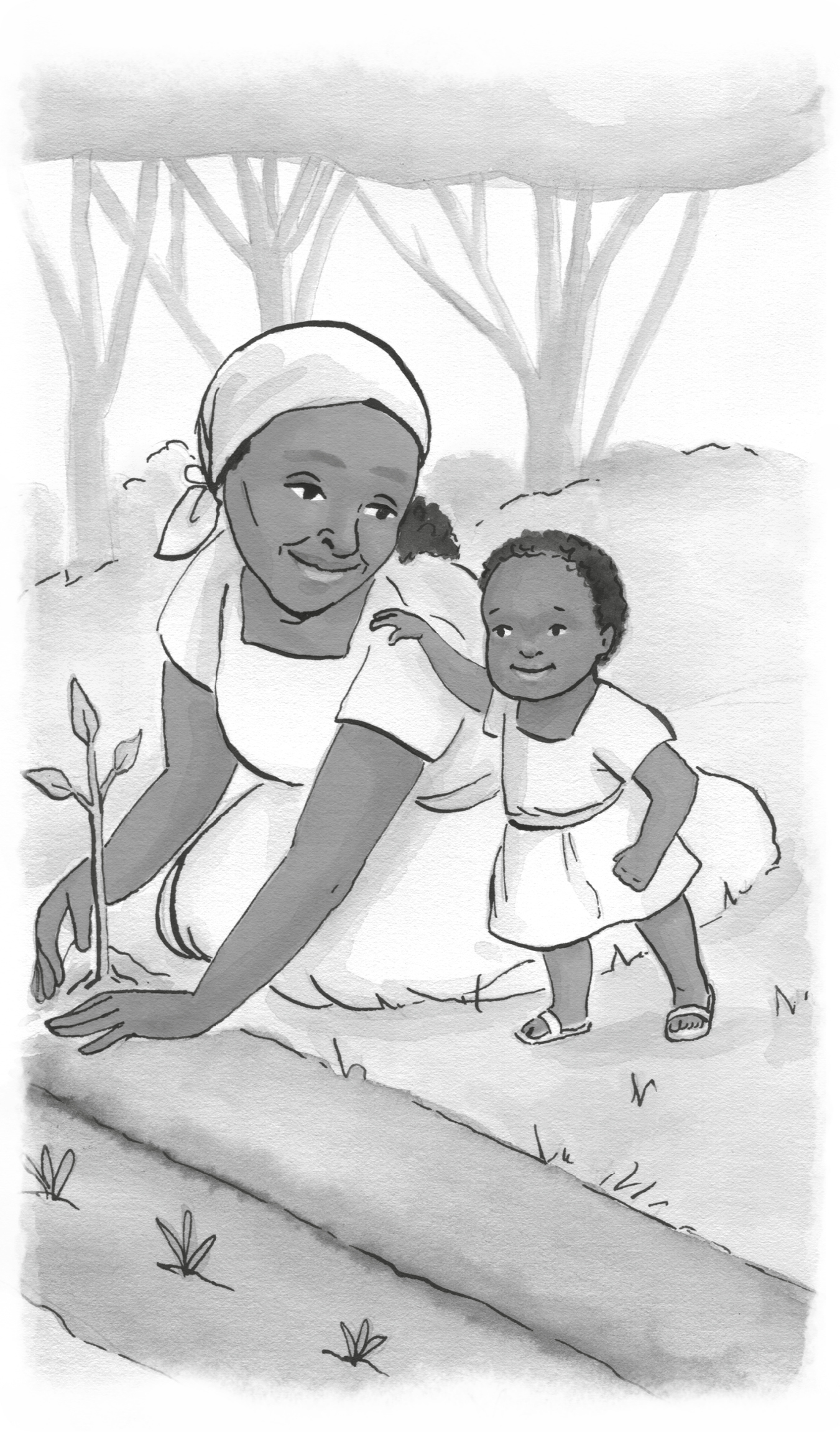PHILOMEL BOOKS
An imprint of Penguin Random House LLC, New York

First published in the United States of America by Philomel Books, an imprint of Penguin Random House LLC, 2022
Text copyright 2022 by Chelsea Clinton
Illustrations copyright 2022 by Alexandra Boiger
Penguin supports copyright. Copyright fuels creativity, encourages diverse voices, promotes free speech, and creates a vibrant culture. Thank you for buying an authorized edition of this book and for complying with copyright laws by not reproducing, scanning, or distributing any part of it in any form without permission. You are supporting writers and allowing Penguin to continue to publish books for every reader.
Philomel Books is a registered trademark of Penguin Random House LLC.
Visit us online at penguinrandomhouse.com.
Library of Congress Cataloging-in-Publication Data is available.
HC ISBN 9780593353561
PB ISBN 9780593353585
Ebook ISBN 9780593353578
Edited by Jill Santopolo and Talia Benamy.
Cover art 2017 by Alexandra Boiger
Design by Ellice M. Lee, adapted for ebook by Michelle Quintero.
The publisher does not have any control over and does not assume any responsibility for author or third-party websites or their content.
pid_prh_6.0_139089994_c0_r0
 This book is dedicated
This book is dedicated 
to my mother, whose commitment, kindness, and community involvement reminds me of Wangari.
She Persisted: MARIAN ANDERSON
She Persisted: VIRGINIA APGAR
She Persisted: NELLIE BLY
She Persisted: RUBY BRIDGES
She Persisted: CLAUDETTE COLVIN
She Persisted: ROSALIND FRANKLIN
She Persisted: TEMPLE GRANDIN
She Persisted: FLORENCE GRIFFITH JOYNER
She Persisted: HELEN KELLER
She Persisted: CORETTA SCOTT KING
She Persisted: CLARA LEMLICH
She Persisted: MAYA LIN
She Persisted: WANGARI MAATHAI
She Persisted: WILMA MANKILLER
She Persisted: PATSY MINK
She Persisted: SALLY RIDE
She Persisted: MARGARET CHASE SMITH
She Persisted: SONIA SOTOMAYOR
She Persisted: MARIA TALLCHIEF
She Persisted: DIANA TAURASI
She Persisted: HARRIET TUBMAN
She Persisted: OPRAH WINFREY
She Persisted: MALALA YOUSAFZAI
TABLE OF CONTENTS
CHAPTER 1
Born to the Land
When Mount Kenyas snow-capped peak was covered with a blanket of clouds, the people knew the rains were coming. The rains that filled the rivers and streams. The rains that gave life. One very special life came into being during that season. Wangari Maathai was born on April 1, 1940, during the rainy period. Her childhood was woven through with the flowing rivers and streams, and the animals and people of her bountiful country.
As soon as Wangari was born, everyone sprang into action! The women formed a circle of loving care around mother and baby. They made a nourishing meal from the choicest vegetables in their gardens. Even before offering her baby milk, Wangaris mother chewed small bites of roasted bananas, sugarcane, and sweet potatoes into a smooth juice. She put the juice into her babys tiny mouth, sharing the strength of the land and their community.
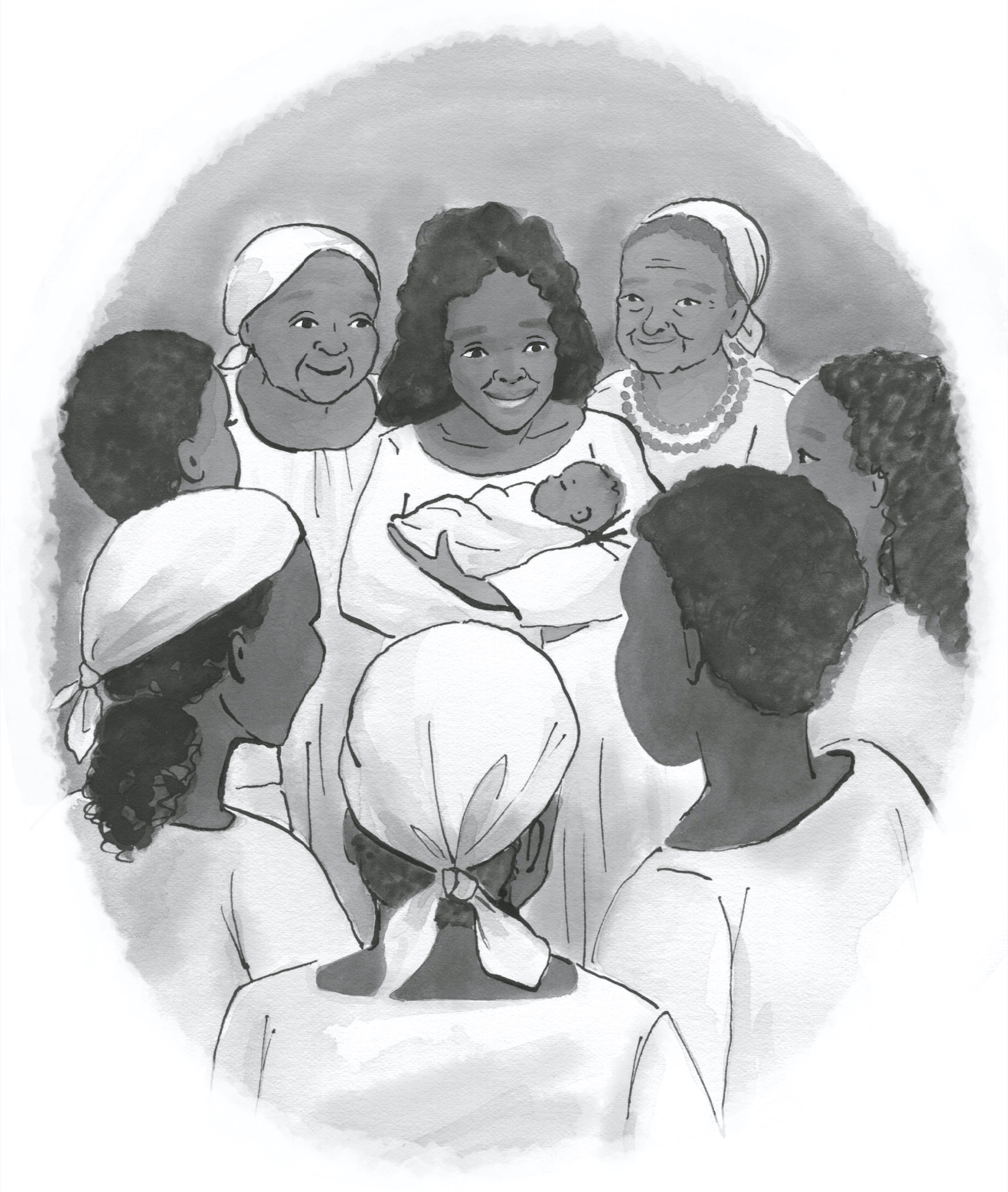
Wangari was born in a small village in Kenya called Nyeri, a part of the country with lush green shrubs, ferns, and trees. There the rain fell on the nearby fields of blue-purple sugarcane, on the forested hillsides where animals like elephants, leopards, antelopes, and monkeys made their home, and on the grass-thatched roof of the separate hut where Wangaris father prepared another feast to celebrate the birth of their first daughter. The same rain that caused everything to grow seemed to welcome baby Wangari into her new world. That same rain would help provide food for her to grow like a strong tree, and bringing back the trees would be her reason to fight to heal the land.
Wangaris parents, Muta Njugi and Wanjiru Kibicho, were Kikuyu people. Life for the Kikuyu revolved around nature. They believed that Mount Kenya, also known as Kirinyaga or Place of Brightness, was a sacred place. They believed that God, Ngai, lived there and provided everything they needed: the land, the rain, the plants, and the animals. As long as the mountain stood strong and steadfast, they believed that God was with them.
Little Wangari toddled after her two older brothers and her mother, imitating everything she saw. Like most African girls at the time, Wangari learned from her mother. Known as Lydia, she sewed clothes for her family and gardened. Wangari would watch as she, with the help of woman relatives and friends, regularly roofed their grass-thatched hut.
When Wangari was growing up, Kenya was under the control of the United Kingdom. Life was hard because of the British colonists. The British didnt respect the land and traditions and imposed their own way of life on the people. People in Kenya suffered as a result. The British colonizers cut down trees to clear huge fields for farming, brought in different types of plants that ruined the soil, and hunted the animals that shared the land. The Kenyan people had to follow the laws of the landowners who now ruled them.
Instead of having small farms that grew just enough for each family, many people were displaced and had to work on large plantations run by British colonizers; others needed to work to pay the taxes introduced by the British government. Christian missionaries tried to change the beliefs of the people, preaching that God did not dwell on Mount Kenya but rather in heaven.
When Wangari was very young, her father left the village to work on a plantation in Nakuru, one hundred miles away. Not too long after that, Wangari and her mother left the forested hillside where she had been born and followed him to a vast flat valley planted with field after field of wheat and maize. When they left Nyeri, Wangari left behind everything she knew. But she was too young to worry about what it would be like where she was going. She felt safe because her mother was with her.
CHAPTER 2
Glorified Slaves
Wangari was three years old when she got to Nakuru, and there she joined in the flow of life like all her other siblings. She was eager to help as best she could. She cared for her two younger sisters, Muringi and Wachatha, while her mother planted wheat and maize, plucked weeds, and harvested crops in Mr. Neylans fields. As she got older, Wangari also did household chores and ran errands, like fetching their familys daily ration of maize flour and a liter (a little more than a quart) of milk that was their payment for the days work.

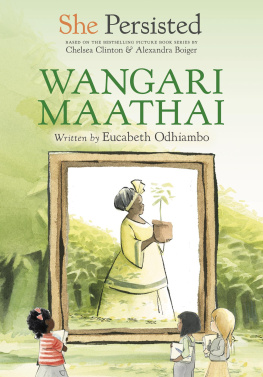

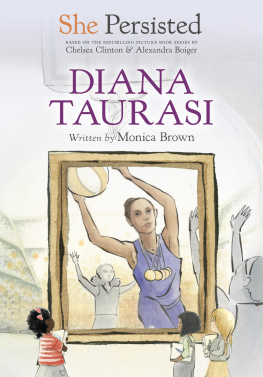
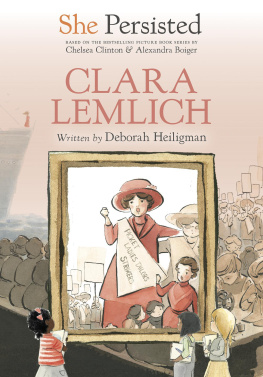
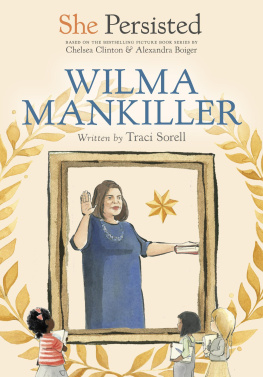
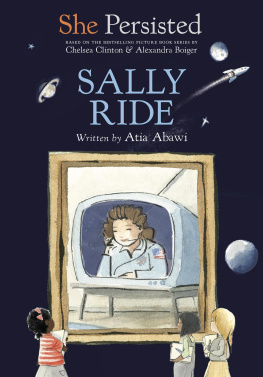

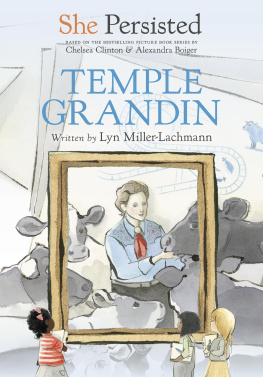
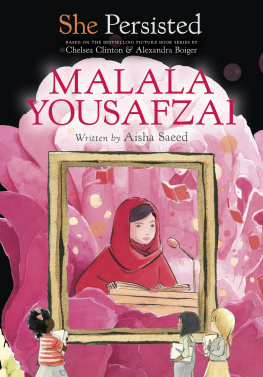
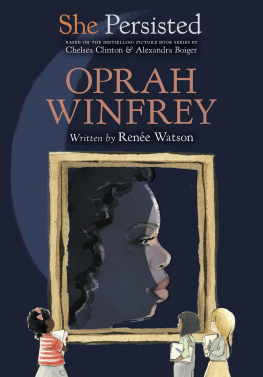
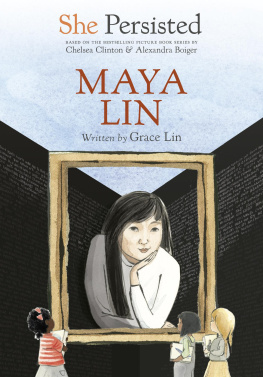
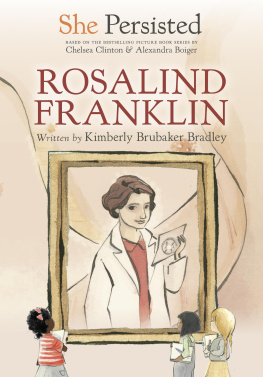

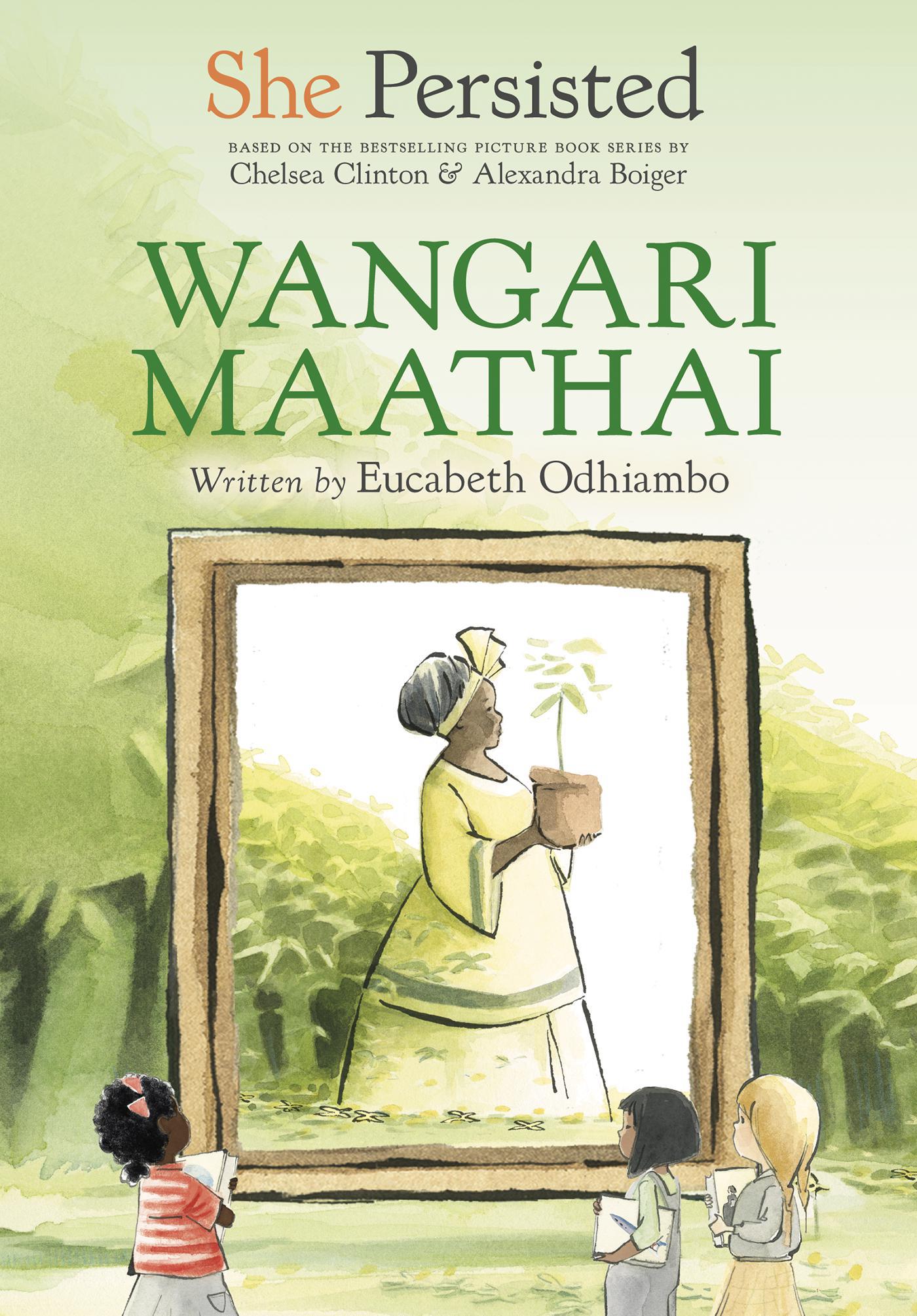
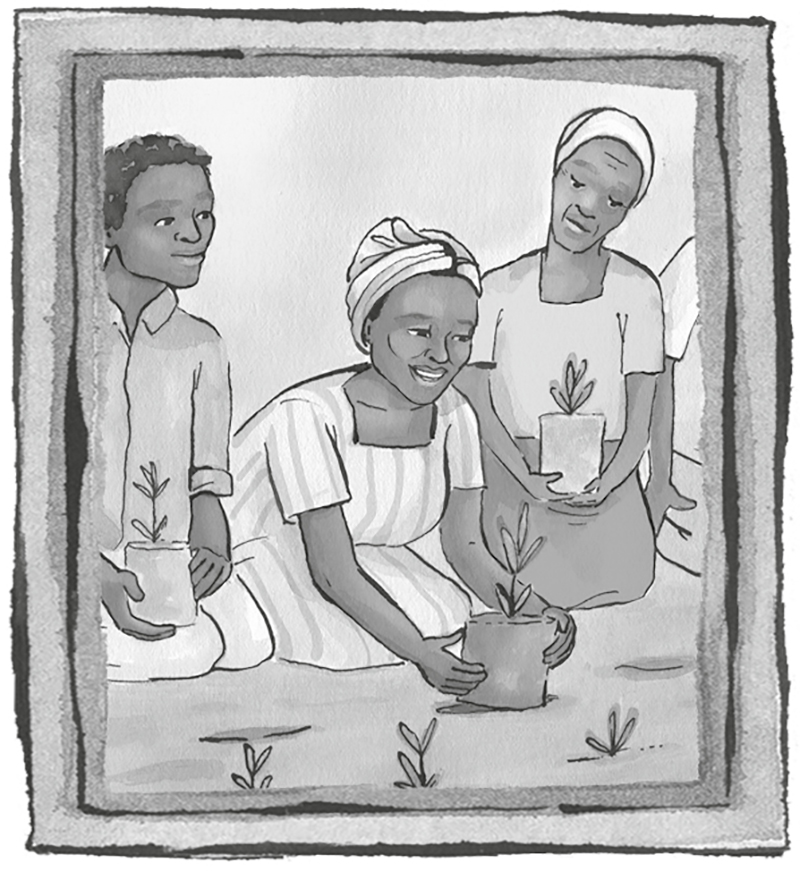


 This book is dedicated
This book is dedicated 


